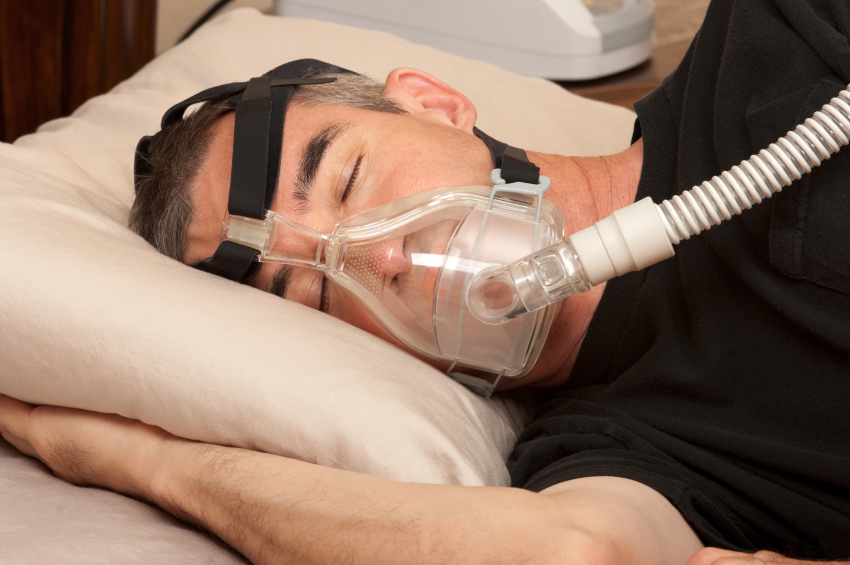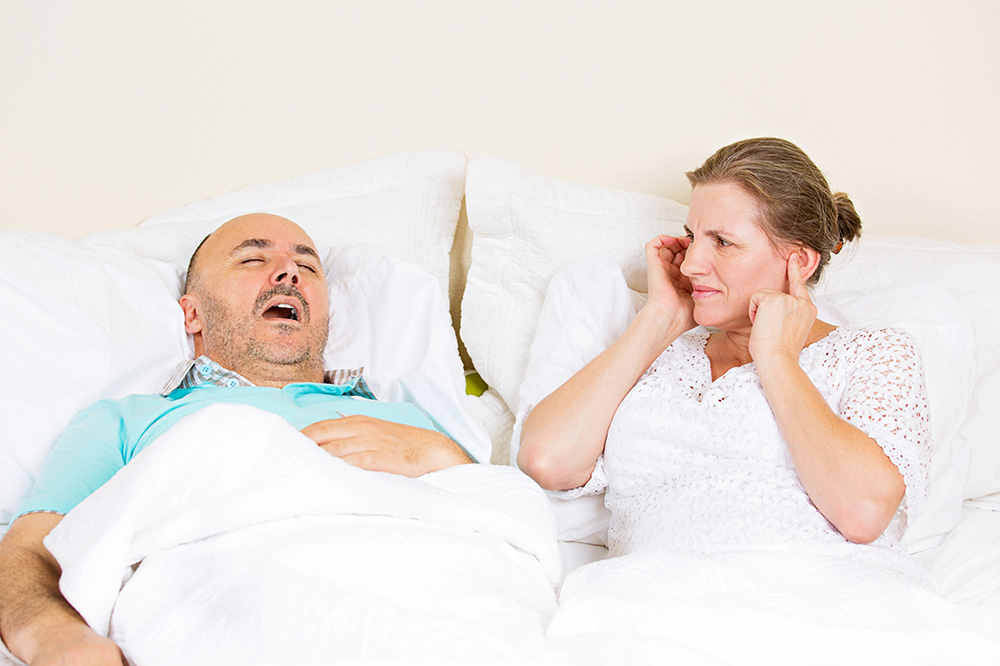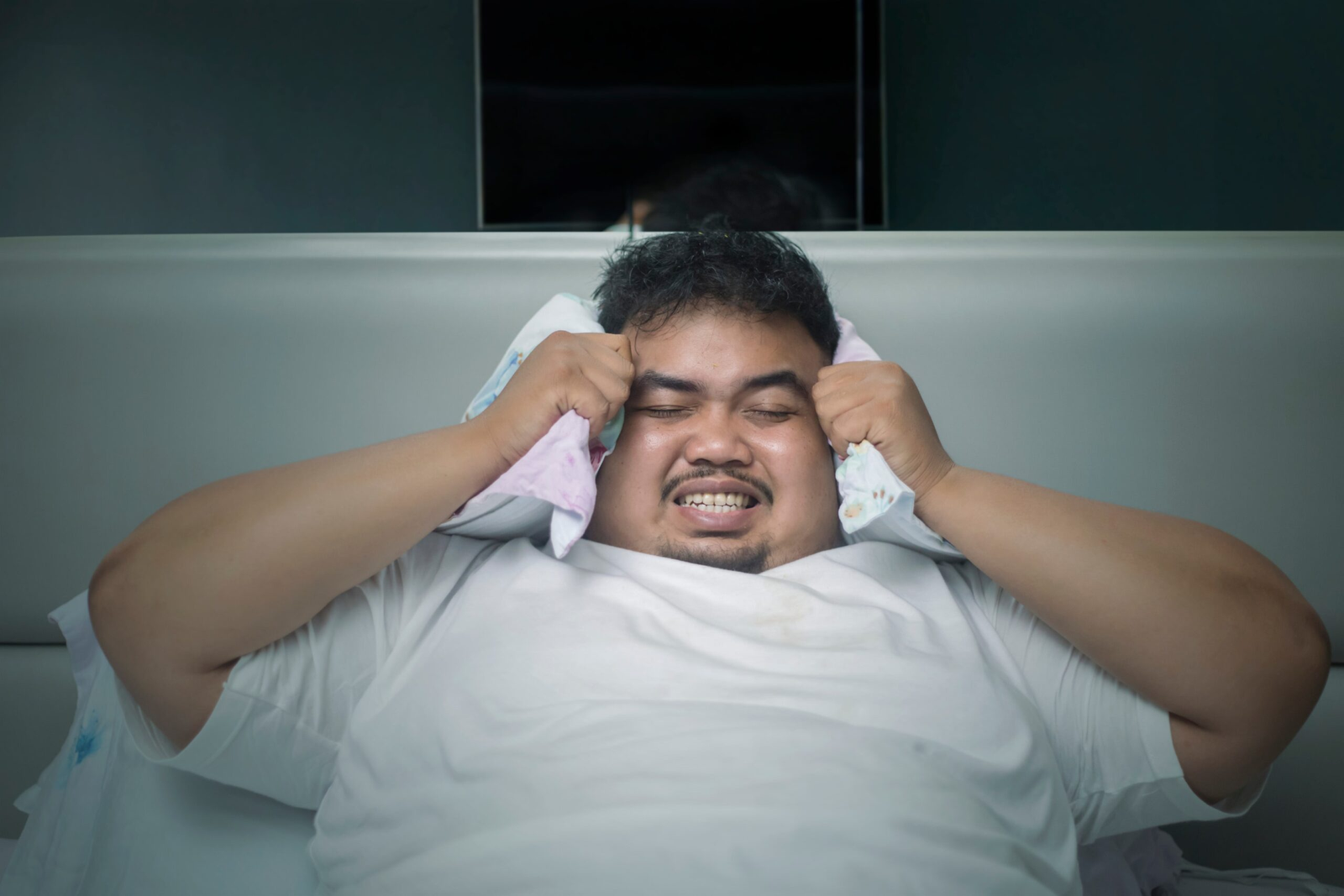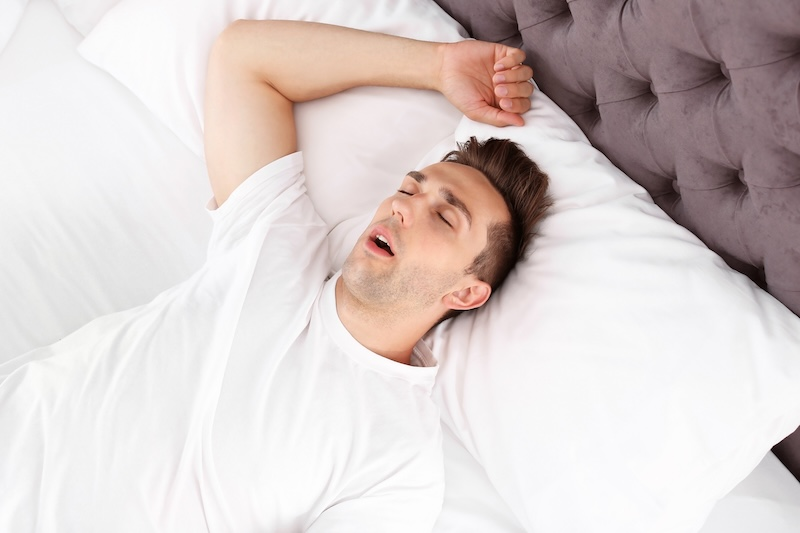Do you wake up feeling tired, even after what seemed like a full night’s sleep? Have people mentioned your snoring, or that you stop breathing at night? If so, you could be experiencing sleep apnea, a common but often undiagnosed condition that affects millions worldwide.
At Leila Hariri Dental Clinic (LHDM), we take a holistic and airway-focused approach to dental care because oral health and breathing go hand in hand. In this article, we’ll explain what sleep apnea is, how it works, and how even your Apple Watch can help identify the signs.
What Is Sleep Apnea?
Sleep apnea is a condition that causes a person’s breathing to stop and start repeatedly during sleep. These pauses can last from a few seconds to over a minute and can occur dozens or even hundreds of times a night. The most common form is called obstructive sleep apnea (OSA), which happens when the muscles in the throat relax too much and block the airway.
When your body senses this lack of oxygen, it momentarily wakes you up so you can breathe again. Most people don’t remember waking up, but the constant interruptions prevent restful, deep sleep, leading to daytime fatigue, headaches, poor focus, and mood swings.
Over time, untreated sleep apnea can contribute to more serious health problems such as:
- High blood pressure
- Heart disease
- Type 2 diabetes
- Depression and anxiety
- Stroke
How Sleep Apnea Works in the Body
During sleep, your body relaxes. In people with obstructive sleep apnea, the soft tissues in the throat — including the tongue and soft palate — collapse into the airway. This narrows or blocks the airway, making it hard to breathe. When airflow stops, oxygen levels in the blood drop.
The brain senses this and sends a signal to wake the body up just enough to reopen the airway. This process is often so brief that you don’t even realize it’s happening — but it disrupts your sleep cycle and prevents you from reaching deep, restorative sleep stages.
These interruptions are called “apnea events,” and the more you experience in a night, the more serious your sleep apnea may be.

Signs and Symptoms of Sleep Apnea
Many people have sleep apnea and don’t even know it. You might not remember waking up, but your body certainly does. Look out for these common signs:
- Loud or chronic snoring
- Gasping or choking during sleep
- Frequent nighttime awakenings
- Morning headaches
- Excessive daytime sleepiness
- Difficulty concentrating
- Irritability or mood swings
If you’re experiencing any of these symptoms, it’s worth exploring whether sleep-disordered breathing could be the cause.

The Role of Apple Watch in Detecting Sleep Apnea
Technology is making it easier than ever to detect health issues early and Apple Watch now includes a Apple Watch Sleep Apnea Notification feature. This tool uses your watch’s accelerometer to monitor breathing patterns while you sleep.
Here’s how it works:
- Your Apple Watch tracks your movement and breathing during the night
- If it detects consistent breathing disturbances, it categorizes them as “Elevated”
- Over a 30-day period, if the elevated pattern continues, you’ll receive a notification suggesting signs of moderate to severe sleep apnea
This is especially useful if you haven’t been diagnosed but experience symptoms like fatigue or snoring. The watch doesn’t diagnose, but it gives you a helpful prompt to speak with your doctor or dentist.
How to Turn On Sleep Apnea Notifications
- Open the Health app on your iPhone
- Tap Browse → Respiratory
- Select Sleep Apnea Notifications and tap Set Up
- Confirm your Date of Birth and sleep apnea history
- Tap Continue, then Done
You can also view your breathing disturbance reports by going to:
Health app → Browse → Respiratory → Sleep Apnea Notifications or Breathing Disturbances
How Dentists Can Help With Sleep Apnea
You might be surprised to learn that your dentist can play a key role in identifying and managing sleep apnea. At Leila Hariri Dental Clinic, we look at jaw structure, airway space, tongue position, and other oral signs that could indicate breathing issues.
We also offer custom dental appliances that are comfortable, non-invasive alternatives to CPAP machines. These oral devices help reposition your jaw or tongue to keep your airway open during sleep especially effective for those with mild to moderate sleep apnea.

Why Sleep Apnea Shouldn’t Be Ignored
Sleep apnea is more than just snoring or feeling groggy. It can have long-term effects on your heart, brain, hormones, and immune system. Ignoring it could lead to bigger health issues later on.
By using tools like your Apple Watch and visiting a clinic like LHDM that focuses on airway and holistic health, you can take control early and prevent serious complications.
Final Thoughts: Sleep Better, Live Better
If you suspect you might have sleep apnea or if your Apple Watch has sent you a notification don’t ignore the signs. Better sleep means better health, and identifying the issue is the first step toward a solution.
At Leila Hariri Dental Clinic, we provide non-invasive, pain-free dental treatments that support your sleep and your whole-body wellness. Our personalized, holistic approach makes us a trusted partner for patients in Dubai looking to improve their health naturally.
Still curious about holistic care and how it all connects? Read Our Pervious Article: Top Myths About Holistic Dentistry






